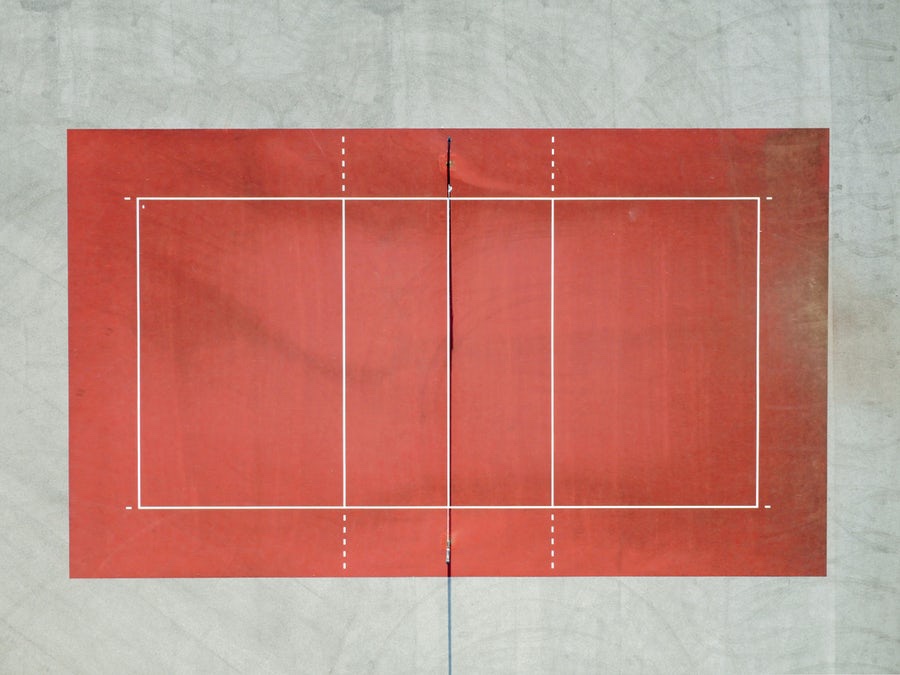The Home Office’s change to the definition of “professional sportsperson” in January 2019 has caused confusion at a number of universities and other organisations who fear the revised rules could stop migrants playing or coaching amateur sport.
The new Tier 4 visa regulations have led to foreign students being advised that they can no longer compete in amateur sport events beyond those organised by their university which has led to student members of local sports clubs pulling out of games. The fear is that players on student visas would be caught by the expansive new definition of a “professional” and be accused of working in breach of their visa conditions.
The new regulations provide that a professional sportsperson can include anyone who has received payment in kind in the past four years for playing sport, has been registered with a professional or semi-professional team, including academy development team age groups, has represented their national team, including at youth level, their state or regional teams, including at youth level, or has an established international reputation. The definition does not place an emphasis on payment; just having the aspiration to play at a professional level means a person can fall foul of the rules.
For amateur sides that rely heavily on students from North America, many of whom have earned sports scholarships back home, this has proved disastrous. Volleyball has been particularly hard hit. It is estimated that about a third of the players in the top volleyball league are from overseas, but ice hockey, basketball and women’s football are also said to be reporting problems.
British Universities and Colleges Sport have sent a confidential briefing to its member universities explaining that the regulations prevented the nearly 224,000 students who entered the UK on a Tier 4 visa from any form of coaching role for local sports teams or clubs and stipulated that students are not able to compete in events in regional, national or international leagues. Universities may lose their visa licences and be penalised if their students breach their restrictions.
Placing the onus of policing the issue on the universities is problematic as they cannot be expected to know which sports have a professional element and which were purely amateur or which of their students had been paid to play. As a result, many institutions have opted for a cautious approach.
Privately, the Home Office has acknowledged the problem and has now proposed a new set of rules which are due to be implemented from the end of this month. The changes include a revised definition of professional sportsperson that is different to the January version.




